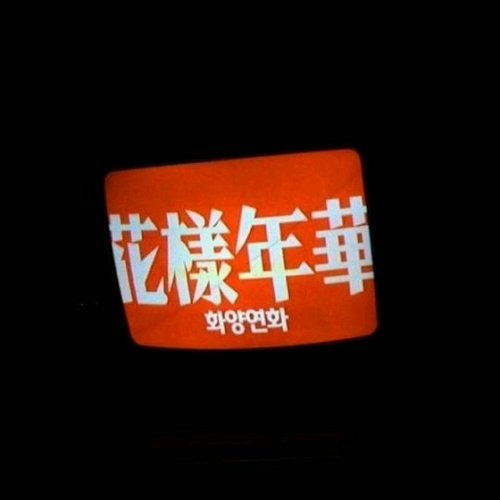当我们要了解一些狄更斯经典语录 英文的时候,豆豆语录网已经为您备好了这些狄更斯经典语录 英文的内容,等待您的翻阅,相信这些狄更斯经典语录 英文的相关信息会是您正想要阅读的经典语录。

狄更斯经典语录 英文

Thomas Hardy Thomas Hardy was born at Higher Bockhampton, a hamlet in the parish of Stinsford to the east of Dorchester in Dorset, England。 His father (Thomas) worked as a stonemason and local builder。 His mother Jemima was well-read and educated Thomas until he went to his first school at Bockhampton at age eight。 For several years he attended a school run by a Mr Last。 Here he learned Latin and demonstrated academic potential。However, a family of Hardy's social position lacked the means for a university education, and his formal education ended at the age of 16 when he became apprenticed to John Hicks, a local architect。 Hardy trained as an architect in Dorchester before moving to London in 1862; there he enrolled as a student at King's College, London。 He won prizes from the Royal Institute of British Architects and the Architectural Association。 Hardy never felt at home in London。 He was acutely conscious of class divisions and his social inferiority。 However, he was interested in social reform and was familiar with the works of John Stuart Mill。 He was also introduced to the works of Charles Fourier and Auguste Comte during this period by his Dorset friend Horace Moule。 Five years later, concerned about his health, he returned to Dorset and decided to dedicate himself to writing。 In 1870, while on an architectural mission to restore the parish church of St Juliot in Cornwall,Hardy met and fell in love with Emma Lavinia Gifford, whom he married in 1874。 Although he later became estranged from his wife, who died in 1912, her death had a traumatic effect on him。 After her death, Hardy made a trip to Cornwall to revisit places linked with their courtship, and his Poems 1912–13 reflect upon her passing。 In 1914, Hardy married his secretary Florence Emily Dugdale, who was 39 years his junior。 However, he remained preoccupied with his first wife's death and tried to overcome his remorse by writing poetry。 Hardy became ill with pleurisy in December 1927 and died at Max Gate just after 9 p。m。 on 11 January 1928, having dictated his final poem to his wife on his deathbed; the cause of death was cited, on his death certificate, as "cardiac syncope", with "old age" given as a contributory factor。 His funeral was on 16 January at Westminster Abbey, and it proved a controversial occasion because Hardy and his family and friends had wished for his body to be interred at Stinsford in the same grave as his first wife, Emma。 However, his executor, Sir Sydney Carlyle Cockerell, insisted that he be placed in the abbey's famous Poets' Corner。 A compromise was reached whereby his heart was buried at Stinsford with Emma, and his ashes in Poets' Corner。 Shortly after Hardy's death, the executors of his estate burnt his letters and notebooks。 Twelve records survived, one of them containing notes and extracts of newspaper stories from the 1820s。 Research into these provided insight into how Hardy kept track of them and how he used them in his later work。In the year of his death Mrs Hardy published The Early Life of Thomas Hardy, 1841–1891: compiled largely from contemporary notes, letters, diaries, and biographical memoranda, as well as from oral information in conversations extending over many years。 Hardy's work was admired by many authors including D。 H。 Lawrence and Virginia Woolf。 In his autobiography Goodbye to All That, Robert Graves recalls meeting Hardy in Dorset in the early 1920s。 Hardy received him and his new wife warmly, and was encouraging about his work。 In 1910, Hardy was awarded the Order of Merit。 Hardy's cottage at Bockhampton and Max Gate in Dorchester are owned by the National Trust。
狄更斯经典语句 英文
